Dyscalculia 101

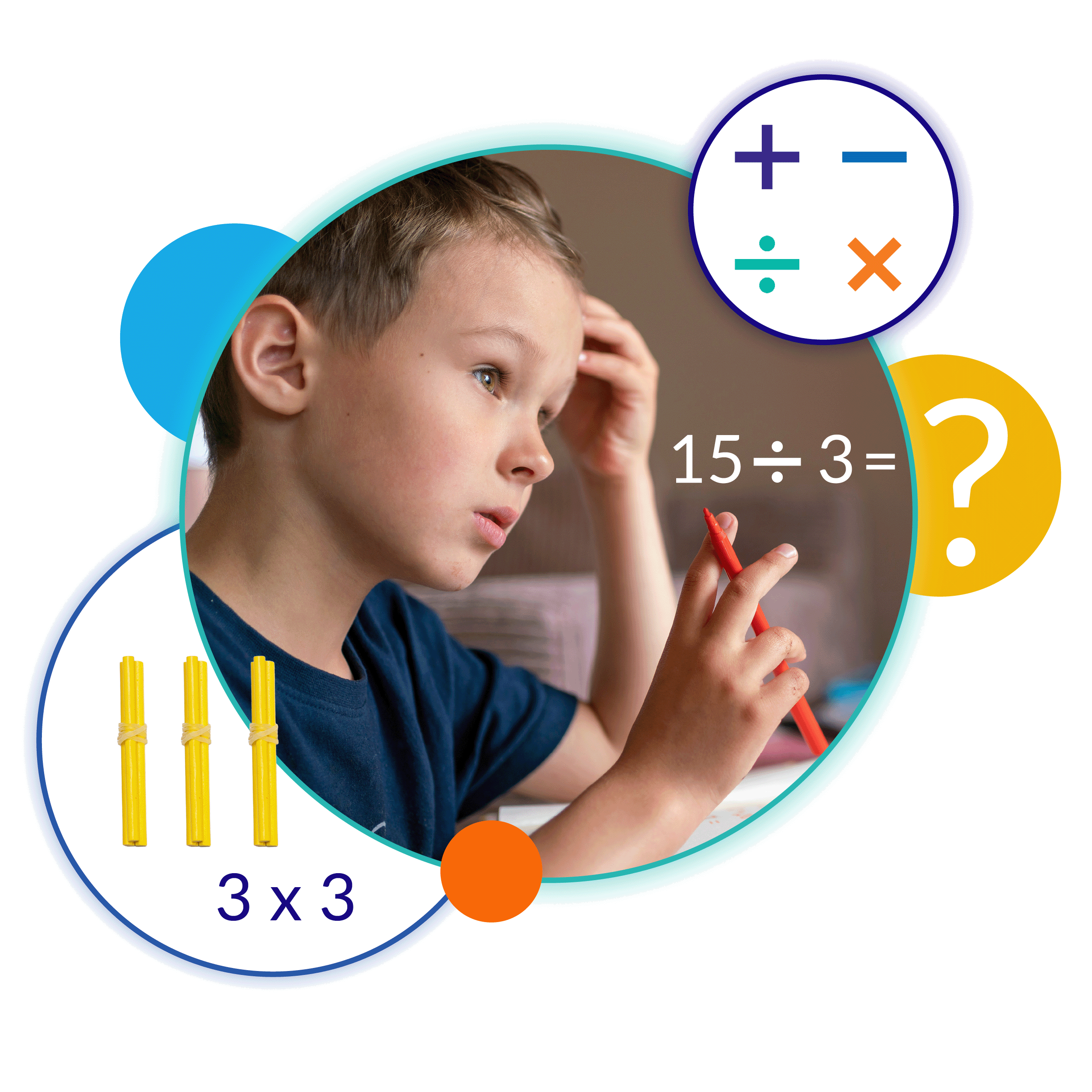
Dyscalculia: The Unaccounted-For Disability
Dyscalculia is a learning disability that affects one’s ability to learn math and may cause difficulty counting. recognizing patterns, telling time, having a sense of direction, and more.
Research shows that people with dyscalculia succeed in math when engaged in multisensory learning methods.
This is similar to how students with dyslexia, a disorder where you may have difficulties identifying how letters and words relate to speech sounds, may benefit from a multisensory approach.
Dyscalculia Statistics: Understanding the Numbers
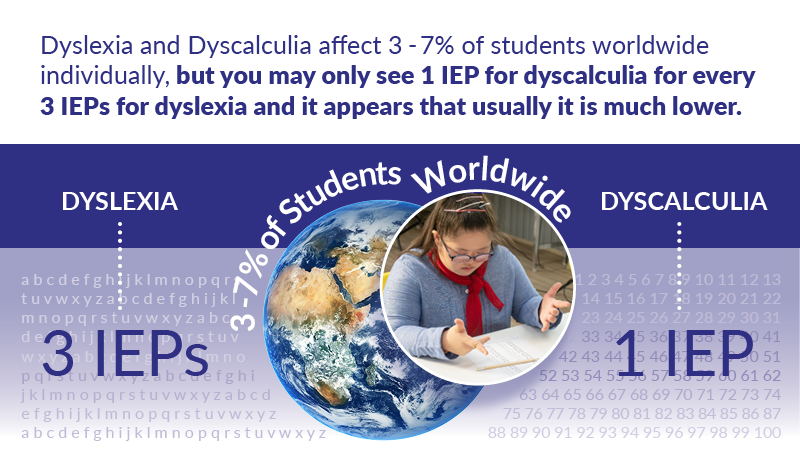
Screen for Dyscalculia as Early as Three
Our dyscalculia screener, DySc, is web-based and can be easily administered by early childhood educators and parents for learners 3-4, 5-7, 8 and up.
Free Dyscalculia Resources
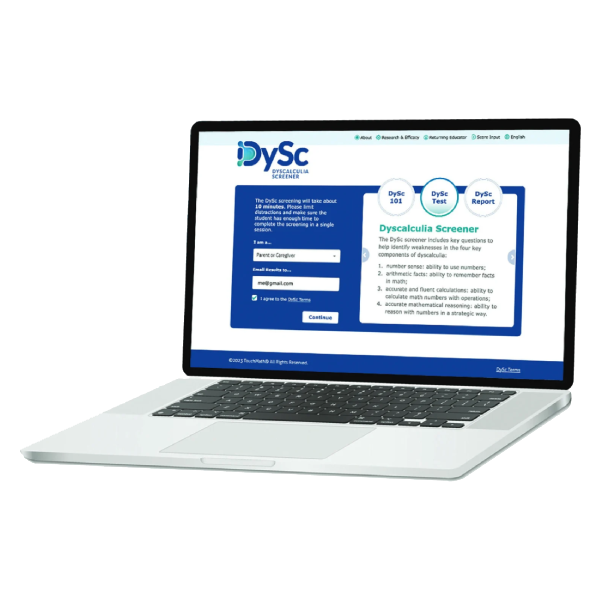
Dyscalculia Screener
Our comprehensive dyscalculia screener, DySc, is aligned to the American Psychiatric Associations DSM-5-TR and available at no cost to help identify weaknesses in four key components of dyscalculia.
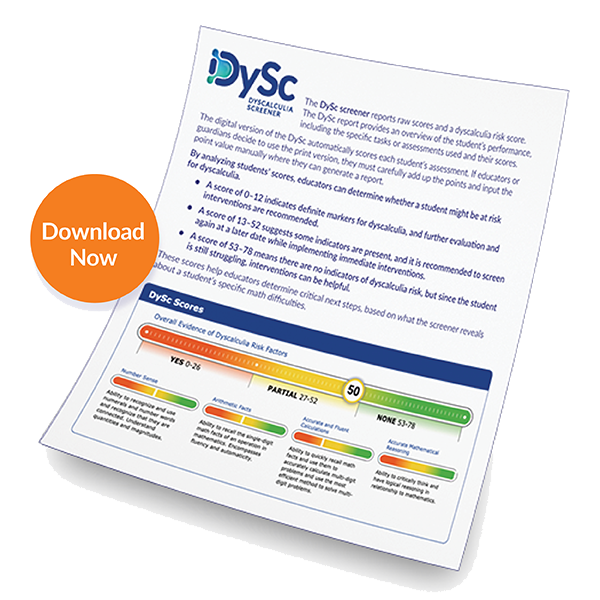
Dyscalculia White Paper
Get everything from what is dyscalculia to evidence-based strategies to support your students in achieving math mastery in our white paper, The Transformative Potential of Early Screening for Dyscalculia, The Discounted Specific Learning Disability.
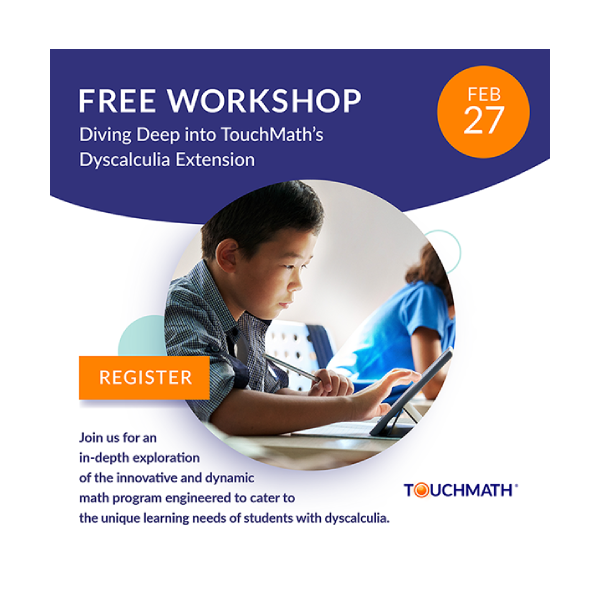
Dyscalculia Workshops
See what growing up undiagnosed with dyscalculia looks like, get lessons, and more with our library of workshop sessions.
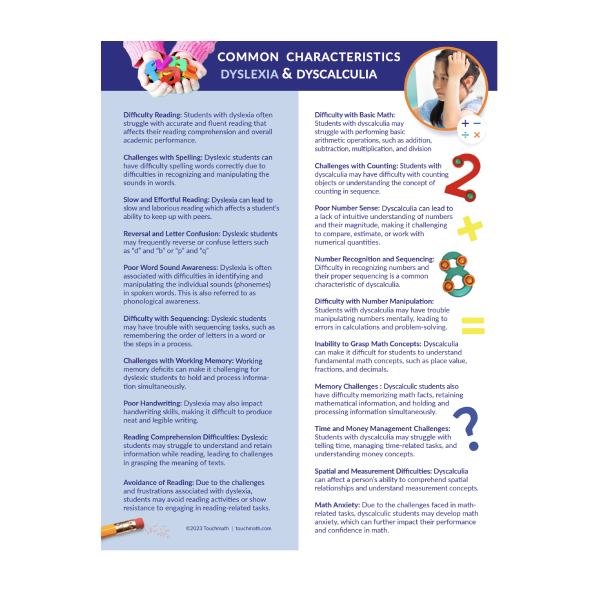
Dyscalculia Knowledge Center
Want more on dyscalculia and TouchMath? Check out our Teacher’s Lounge for blogs, resources, and more!
Want More Resources on Dyscalculia?
We've got you covered! Check out our latest blogs below.
Supporting Students with Dyscalculia: Evidence-Based Tools and Strategies
Supporting Students with Dyscalculia:Evidence-Based Tools and Strategies This blog is an excerpt from How to Identify, Screen, and Support Students with Dyscalculia, a summarization of The Transformative Potential of Early Screening for Dyscalculia, The Discounted Specific Learning Disability by Dr. Sandra Elliott and Sam
Understanding Dyslexia and Dyscalculia
Understanding Dyslexia & Dyscalculia: Unraveling the Distinctions Dyscalculia is a learning disability that affects one’s ability to learn mathematics, as compared to peers of the same age who receive identical instruction. Research supports that with early identification and the right
How to Screen for Dyscalculia
Unlocking Dyscalculia: How to Screen for this Different Learning Ability This blog is an excerpt from How to Identify, Screen, and Support Students with Dyscalculia, a summarization of The Transformative Potential of Early Screening for Dyscalculia, The Discounted Specific Learning Disability by Dr. Sandra
Learning from Dyslexia to Ignite Dyscalculia Awareness
Learning from Dyslexia to Ignite Dyscalculia Awareness When it comes to learning difficulties, dyslexia has long taken center stage, with surmounting support and widespread awareness reinforcing its legitimacy. But lurking in the shadows, its numerical counterpart, dyscalculia, endures a much
Dyscalculia is Hard to Spell: The Art of Advocacy
Dyscalculia is Hard to Spell: The Art of Advocacy According to the Learning Disabilities Association of America, 1 in 5 children in the U.S. have learning and attention issues. Learning and attention issues are difficulties that affect various aspects of
U.S. Districts See Breakthrough Growth in Math Engagement, Proficiency, and Mastery
U.S. Districts See Breakthrough Growth in Math Engagement, Proficiency, and Mastery In July 2023, a large metro district in the western U.S. started integrating TouchMath district-wide into Special Education classes. The overall growth for completed progress-monitored assignments was 67.2%.
Download: 10 Common Signs of Dyscalculia
Want the latest and greatest on dyscalculia and math interventions from TouchMath?
Complete the form to get monthly updates, resources, articles, Fun Sheets and more! Once submitted, you will get immediate access to our downloadable, 10 Common Signs of Dyscalculia.



